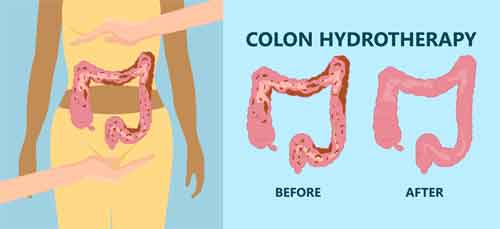Native to southeast Asia, this tender perennial produces an upright plant with sword-like leaves angling upwards. Below the ground surface, the plant produces a rhizome, which is thick, tuberous, knotty and sweetly pungent. Ginger or Zingiber officinale has been used in both medicine and culinary preparations for centuries.
Belief in its abilities to relieve digestive and circulation problems made it so widely favored that the cultivation of it in many tropical countries has left very little of it to be found growing wild. The sharp and spicy flavor and health-giving benefits have made it a famous, main focus of Chinese cuisine and herbal remedies.
History of the Ginger Plant

Ginger appears in the text of Chinese and East Indian philosophy around the 4th century B.C. In the East Indian Susruta the Older’s Sanskrit text it is called sringavera, which describes its shape as a “horn root.” The Latin term for it became zingiber, the Greek zigiberis, the Spanish gengibre, the French ginjgimbre and the English “ginger.”
The Greeks imported it from the East before the first century A.D., when its use was recorded by Dioscorides. Its worth was of such importance to the Romans that it was at one time recorded as a taxable item.
How to Use Ginger
The rhizome or root part of ginger can be harvested at any time during the growing season. It is best to wait until the plant is dormant before drying it. The root can be stored for up to three months in a cool dry place or preserved in vinegar or brine.
Herbalists use it to treat a variety of respiratory conditions, including coughs and the early stages of colds. It relieves digestive disorders such as upset stomach and nausea or morning sickness, menstrual cramps and symptoms of food poisoning. It has been noted that ginger prevents motion sickness better than the popular drugs available on the market, find more info.
Ginger also stimulates circulation, warming cold feet and hands. East Africans use it to relieve headaches and kill intestinal parasites. Scientific research shows that the oil in ginger has all 42 compounds to effectively kill roundworm. Ginger is also known to relax sore muscles and alleviate the pain of arthritis. It also acts as an energy booster, especially when combined with citrus.
In the culinary realm, fresh ginger adds zest to dishes with its pungent and spicy flavor and aroma. It is often eaten raw, pickled or candied and served after a meal to aid in digestion. As a candy, it works well to satisfy a sweet tooth, but is a good cough suppressant as well. It also acts as an energy booster, especially when combined with citrus as tea or tonic.
Ginger Has Many Health Benefits
Ginger makes fighting off the common cold or flu and easing digestive or respiratory discomfort a healthier and better tasting change from the over-the-counter remedies available. Incorporating it as a regular herbal spice or tea in a balanced diet has long lasting health benefits. Along with the excellent culinary rewards, ginger’s pain killing, and antiseptic properties contribute to overall wellness.
